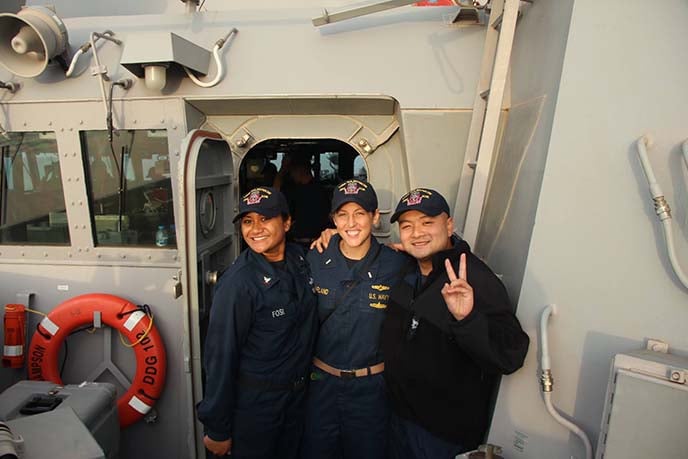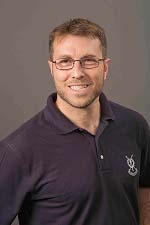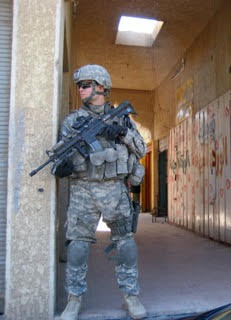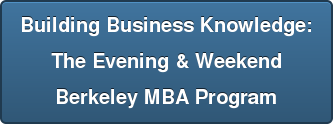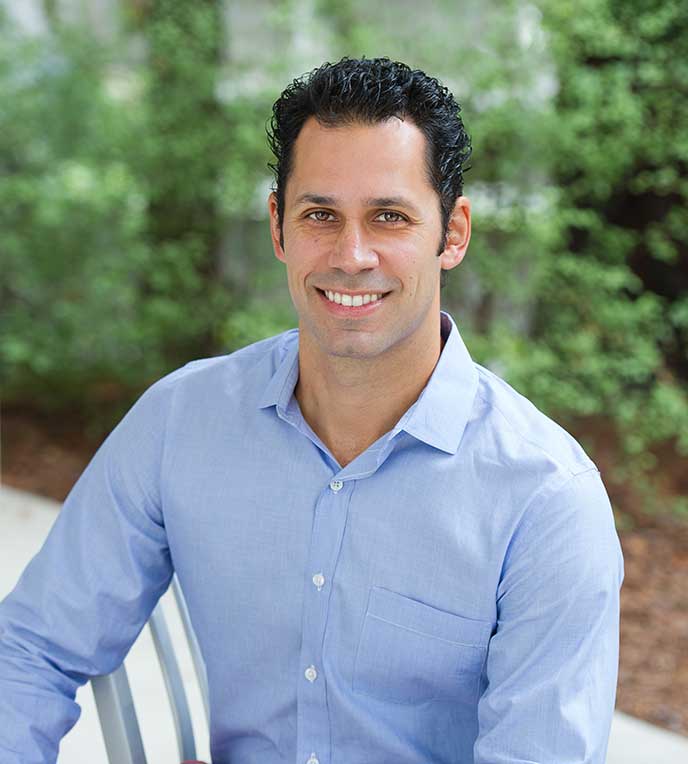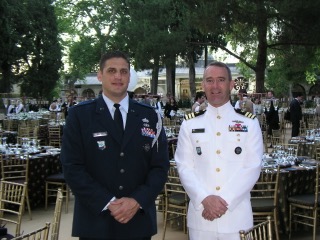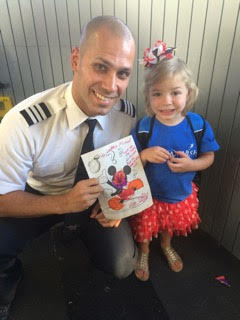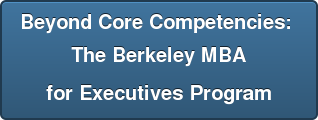Events & Promotions
|
|

GMAT Club Daily Prep
Thank you for using the timer - this advanced tool can estimate your performance and suggest more practice questions. We have subscribed you to Daily Prep Questions via email.
Customized
for You
Track
Your Progress
Practice
Pays
Not interested in getting valuable practice questions and articles delivered to your email? No problem, unsubscribe here.
- Nov 20
07:30 AM PST
-08:30 AM PST
Learn what truly sets the UC Riverside MBA apart and how it helps in your professional growth
ninafromboston
Joined: 04 Sep 2015
Last visit: 21 Jan 2016
Posts: 7
Own Kudos:
Concentration: Other, Finance
Schools: McCombs '18 (A) Haas '18 (WL) Sloan '18 (D)
Kudos
Bookmarks
charko88
No, that's the odd thing: no email.
There are instructions for scheduling an interview within the Berkeley account, however.
Kudos
Bookmarks
FYI:
I was doing some searching and found that some people on Clear Admit have reported being invited to interview. Anyone out there heard anything and/or been invited to interview?
https://blog.clearadmit.com/livewire/?sc ... nd=round-1
I was doing some searching and found that some people on Clear Admit have reported being invited to interview. Anyone out there heard anything and/or been invited to interview?
https://blog.clearadmit.com/livewire/?sc ... nd=round-1
ninafromboston
Joined: 04 Sep 2015
Last visit: 21 Jan 2016
Posts: 7
Own Kudos:
Concentration: Other, Finance
Schools: McCombs '18 (A) Haas '18 (WL) Sloan '18 (D)
Kudos
Bookmarks
clint2121
The latest entry on Clear Admit (Nov 9, 9:22pm) was me. I didn't receive an email invitation to interview, but rather checked my Berkeley account and saw that my status had changed to "Interview and Review". A capability within my account had been activated to set up an interview.
Hope this helps.


 Add to My Schools
Add to My Schools
 Download table
Download table
